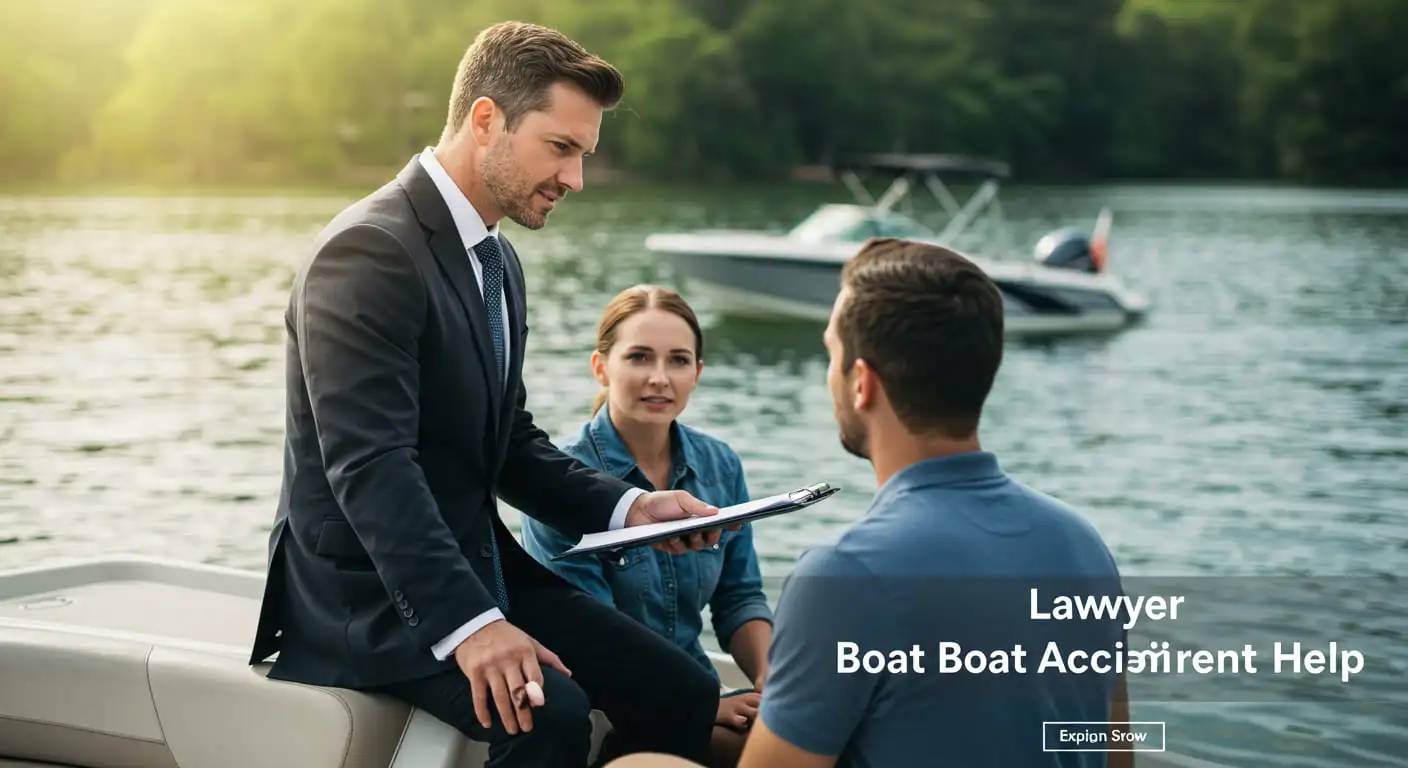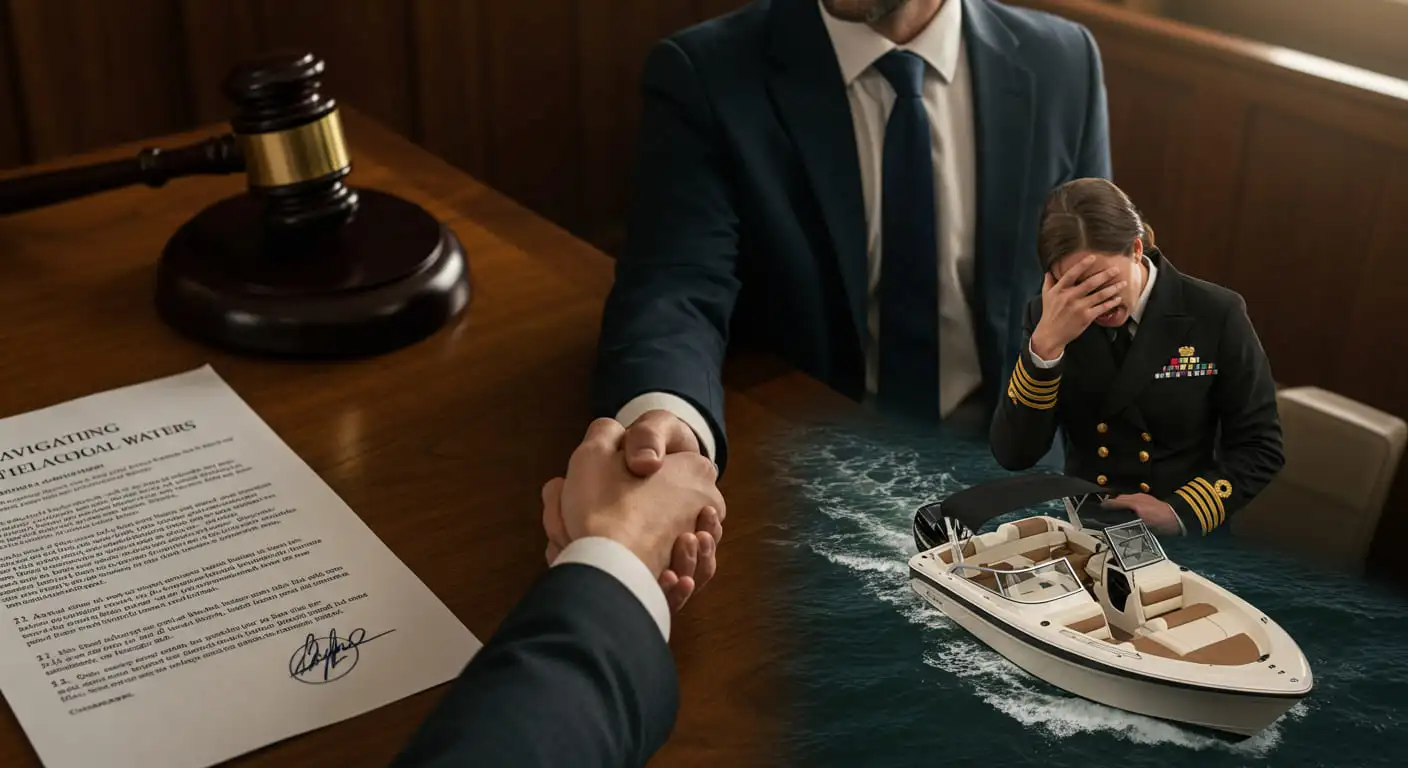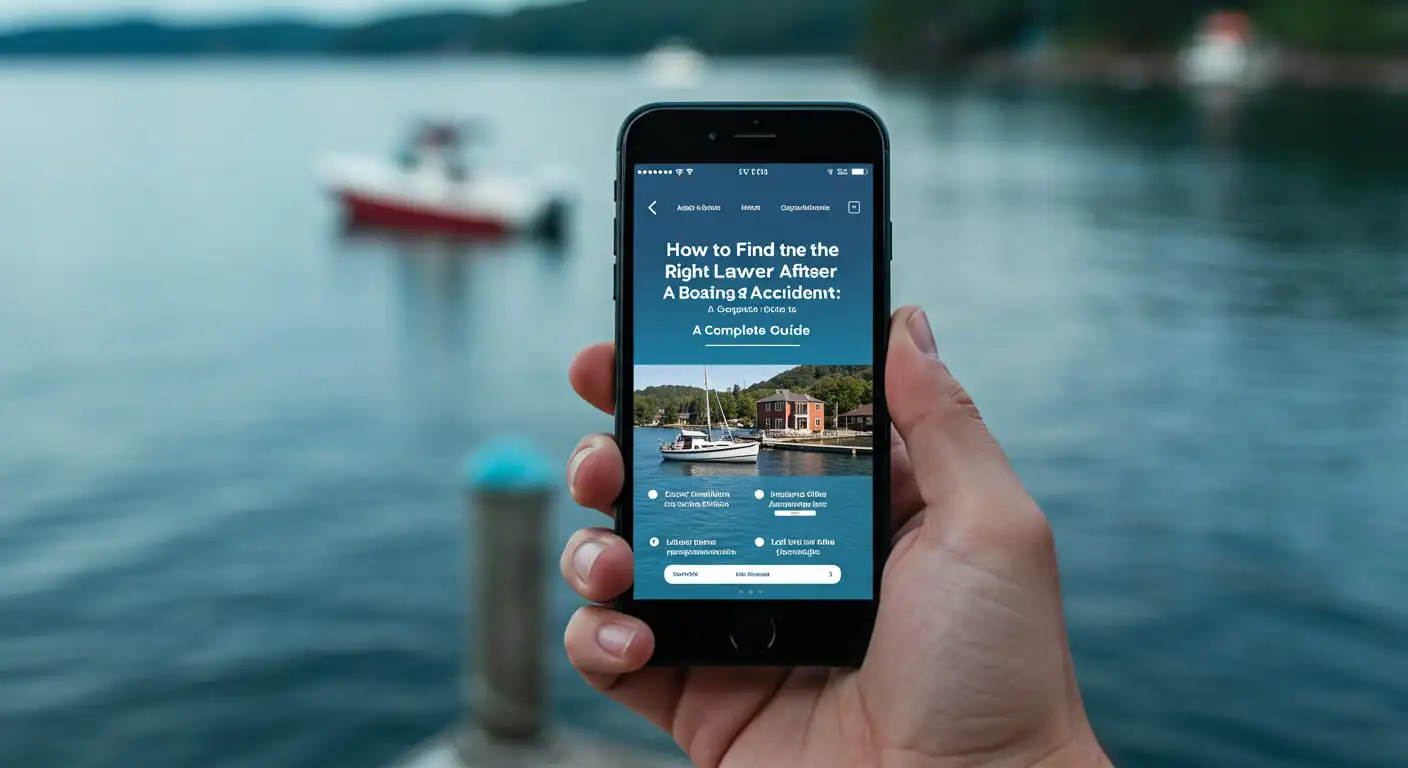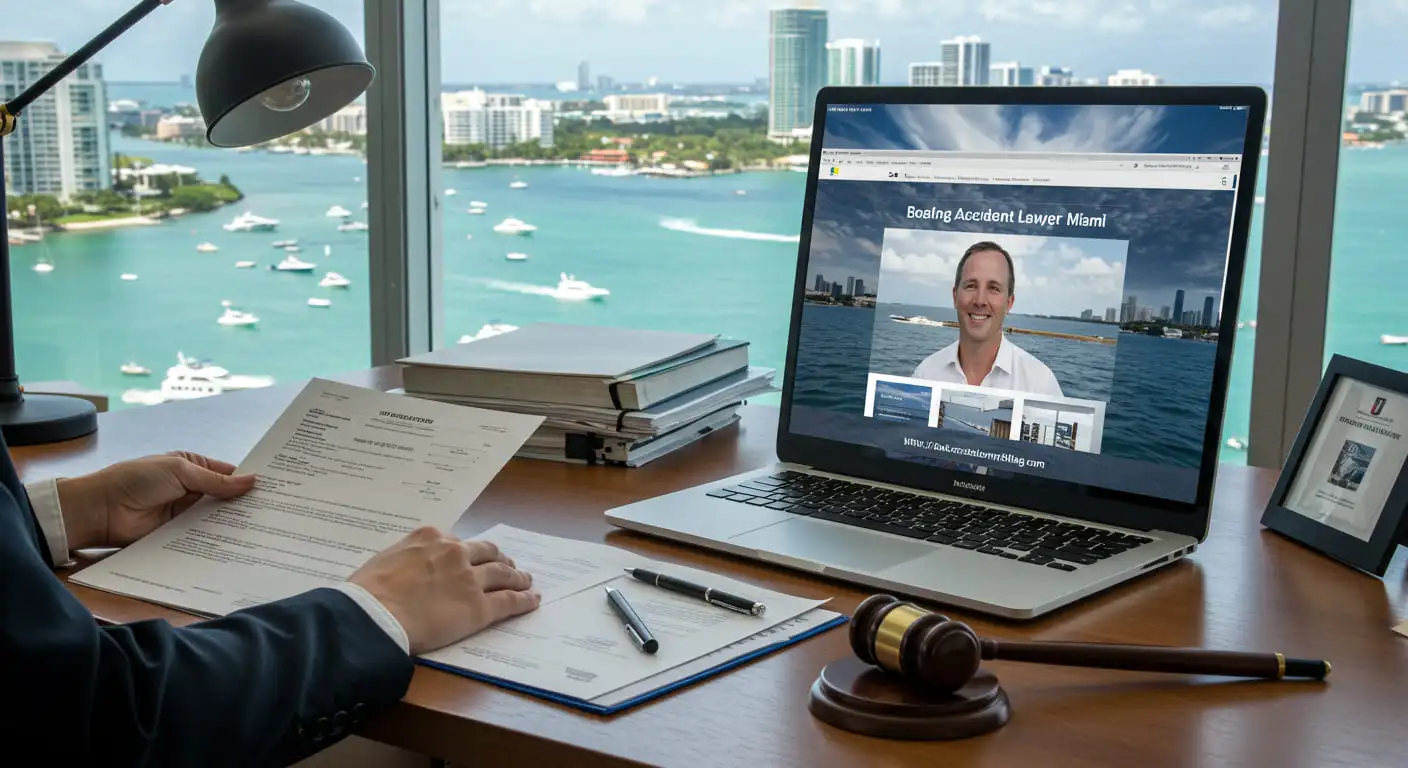Learn the essential steps to take after a boat accident and how a boat accident lawyer can help protect your rights and maximize compensation.
Boating is a beloved recreational activity, but when accidents occur on the water, the consequences can be devastating. Unlike auto accidents, boating incidents fall under unique legal frameworks, and understanding your rights is crucial. Whether you’re a passenger, operator, or owner, knowing what to do after a boat accident can make all the difference. This comprehensive guide will walk you through every essential step—legally and practically—and explain how a boat accident lawyer or maritime injury attorney can help you recover physically, emotionally, and financially.
Step 1: Ensure Immediate Safety
The first priority after any boating accident is safety.
Check for Injuries
Immediately assess yourself and others for injuries. If anyone is seriously hurt, call emergency services right away. Time is critical, especially in water-based accidents where injuries can be compounded by drowning risks or delayed medical attention.
Move to Safety
If the vessel is at risk of sinking or drifting into danger, move everyone to a safer location, if possible. Use life jackets, flotation devices, and follow any emergency safety protocols.
Step 2: Report the Accident
In the United States, boating accidents must often be reported to the U.S. Coast Guard or local marine authority.
When Reporting Is Required
You are generally required to report a boating accident if:
- Someone is injured or killed.
- There is significant property damage (usually over $2,000).
- A person disappears from the vessel under suspicious or emergency circumstances.
What Information to Provide
Be ready to share:
- Names and contact information of all involved parties.
- Vessel registration numbers.
- Details about the incident, injuries, and damages.
Delaying or failing to report can have legal consequences, so it’s best to err on the side of caution.
Step 3: Document Everything
Accurate documentation can be pivotal if legal action becomes necessary.
Gather Evidence
Take clear photos of:
- The damage to all vessels involved.
- Injuries sustained.
- The surrounding area, including water conditions, landmarks, and weather.
Talk to Witnesses
Collect statements and contact details from witnesses. Their testimony may support your version of events.
Keep Medical Records
If you or anyone else sought treatment, save all medical records and bills. These documents will be essential when calculating damages and negotiating settlements.
Step 4: Avoid Admitting Fault
One of the biggest mistakes you can make is admitting fault at the scene.
Why It Matters
Even saying something as simple as “I’m sorry” can be interpreted as admitting legal liability. The causes of a boating accident aren’t always immediately clear and may involve complex legal principles like navigational rules and maritime law.
Let Investigators Do Their Job
Allow law enforcement or the Coast Guard to conduct a full investigation. Cooperate respectfully but stick to the facts.
Step 5: Contact a Boat Accident Lawyer
This is perhaps the most important legal step after ensuring everyone’s safety and reporting the accident.
How a Boat Accident Lawyer Can Help
A skilled boat accident lawyer will:
- Investigate the accident thoroughly.
- Determine liability under maritime or state laws.
- Negotiate with insurance companies.
- Help you file a lawsuit if necessary.
In many cases, having professional boating accident legal help is essential for securing fair compensation.
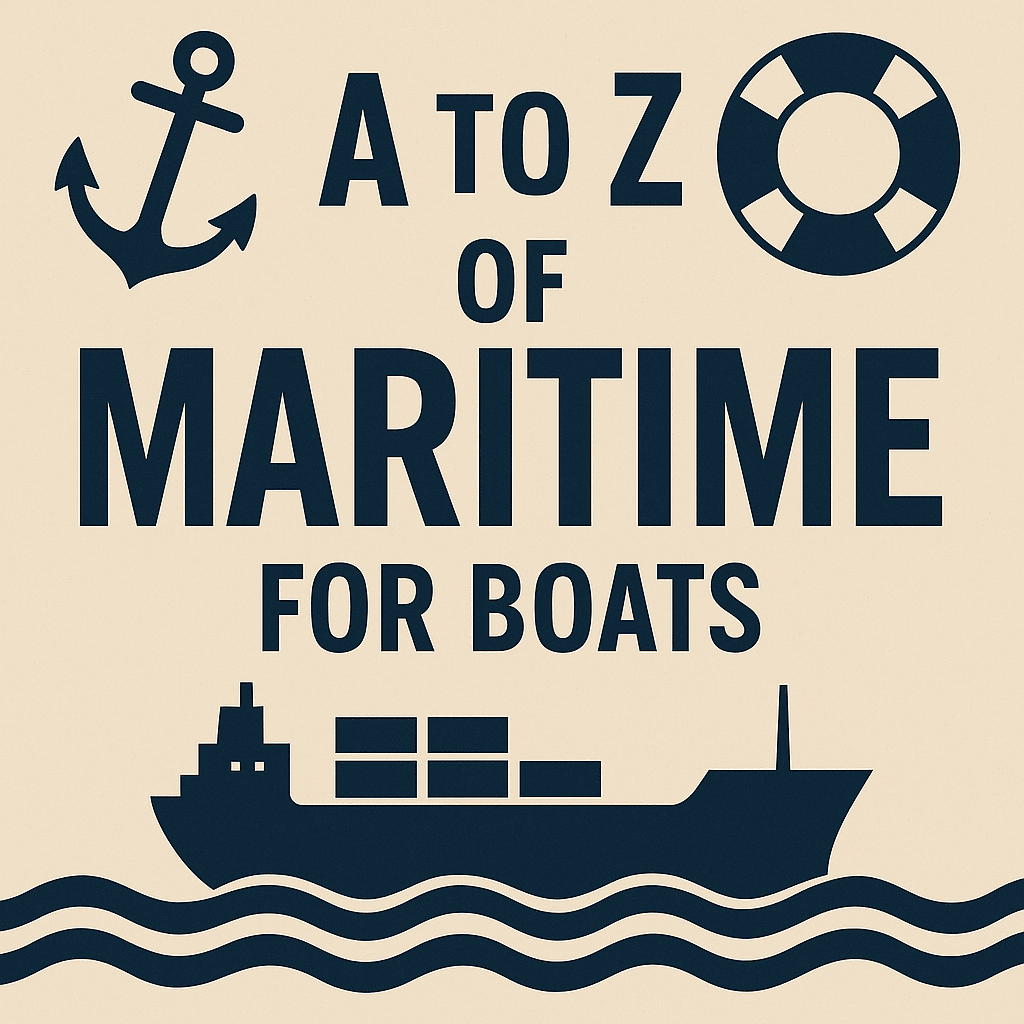
Special Considerations in Maritime Law
Boating accidents are governed by a mix of federal maritime laws and state regulations. A maritime injury attorney understands these complexities and will ensure that your case is handled properly from a legal standpoint.
Step 6: Notify Your Insurance Provider
Notify your boat insurance provider promptly after the incident.
What to Expect
You’ll need to:
- Submit a formal accident report.
- Provide any documentation (photos, police reports, medical bills).
- Answer questions about the incident.
Avoid giving recorded statements until you’ve consulted with your boat accident lawyer, as anything you say may be used against you.
Step 7: Seek Medical and Psychological Support
Boating accidents can cause not only physical injuries but also emotional trauma.
Physical Recovery
Follow all medical advice and attend follow-up appointments. If your injuries worsen due to negligence in care, it may affect your legal claim.
Emotional Recovery
Don’t overlook the mental health aspect. Anxiety, PTSD, and depression are common after traumatic boating incidents. Seeking professional counseling is part of your recovery journey and may even be included in your compensation claim.
Legal Insights: Key Points You Should Know
Understanding the legal landscape can empower you to make informed decisions after a boating accident.
Time Limits (Statute of Limitations)
In most cases, you have a limited time to file a claim after a boating accident—this can vary by state and whether maritime law applies. A maritime injury attorney will help determine the correct timeline.
Comparative Negligence
Some states use comparative negligence laws, meaning fault can be shared among multiple parties. This may reduce the amount of compensation you’re entitled to, but it doesn’t eliminate your right to recover damages.
Types of Compensation Available
Depending on your case, you may be entitled to:
- Medical expenses
- Lost wages
- Pain and suffering
- Property damage
- Punitive damages (in cases of gross negligence)
Conclusion: Protect Your Rights and Seek Legal Help
Getting into a boating accident is stressful, frightening, and potentially life-altering. But knowing what to do next can significantly ease your burden and improve your chances of recovery. From seeking medical help to consulting a boat accident lawyer, every action you take matters.
Don’t wait until it’s too late. If you or a loved one has been involved in a boating incident, reach out to a qualified maritime injury attorney or a legal professional offering boating accident legal help today. Protect your rights, preserve your health, and ensure you get the compensation you deserve.
Leave a reply











